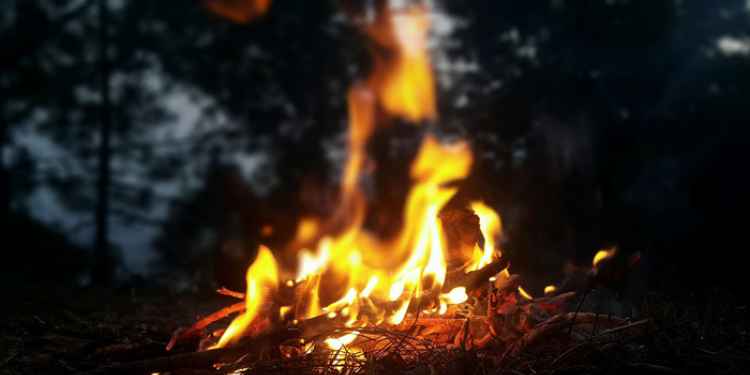
Photo: pixabay.com

Photo: pixabay.com
On November 5, we celebrate Bonfire Night by gathering around fires and setting off fireworks, marking the foiling of the Gunpowder Plot of 1605. But this tradition also taps into older beliefs about the protective power of fire - an idea that runs through many traditions.
Fire has been used in many cultures as a protective and purifying force. Ancient societies saw fire as a source of life and warmth, but also as a barrier against the unknown. In pre-Christian Britain, fire played a central role in Samhain, the end-of-harvest festival around October 31, which marked the transition to winter. People believed this was a time when the veil between the living and the dead was at its thinnest. Bonfires were lit to ward off spirits and ensure a safe passage into winter, a time of darkness when food was scarce and survival was uncertain.
This use of fire as a protector against supernatural forces wasn't unique to Britain. In Northern Europe, midwinter and midsummer fires were lit to guard against evil or malevolent spirits. The Norse tradition of Yule, celebrated around the winter solstice, also involved lighting fires to drive away the long winter night and any dangerous creatures or spirits believed to lurk in the darkness.
The protective power of fire extends to smoke as well. Smoke is often said to create a protective barrier and have purifying powers. The burning of various combustibles, most commonly sage and palo santo wood, is believed to cleanse spaces of negative energy or spirits.
Bonfire Night is not originally a pagan ritual, it was introduced to commemorate the failure of the Gunpowder Plot. However, falling in early November, it does take place at a time of year traditionally linked with the lighting of bonfires in Britain. As winter approaches, fire was traditionally seen as a way to protect against the unsettling darker months of the year. It was used to keep away perceived dangers, whether they're supernatural in nature, like ghosts, or more grounded threats, like the bitter cold of winter.
While many today light bonfires simply as part of the celebration, the symbolic act of gathering around fire at the onset of winter still connects to a sense of security. In fact, in recent years, I've taken to inviting friends over on the winter solstice, which falls on December 21, for my own take on a fire-related ritual. Although I don't burn a Yule log, we sit around a fire pit and drink mulled wine for warmth and even have a winter barbecue, cooking food on burning charcoal.
This "new ritual" of mine follows the tradition of using fire for warmth and connection, making it a modern spin on ancient customs. Personally, it makes me feel more connected to the seasons.
This "new ritual" of mine follows the tradition of using fire for warmth and connection, making it a modern spin on ancient customs. Personally, it makes me feel more connected to the seasons.
Standing around a bonfire, watching the flames dance and flicker, has a psychological effect on people. I wouldn't be able to get my friends to sit around in my freezing cold garden in December otherwise. Fire is both comforting and unsettling, warming yet destructive - properties that play into our primal instincts. To early humans, fire meant survival, but it also meant danger.
The dancing flames of a bonfire are almost hypnotic, they demand attention. It's not unusual for people to spot shapes or faces in the fire's movements, a phenomenon called pareidolia, where the brain makes patterns out of randomness - a concept familiar to many paranormal investigators.
One of my first ghost hunts back in 2003 involved sitting around a campfire at an ancient burial mound near Gloucester, simply watching and waiting for any sign of activity. We didn’t see any ghosts that night, but we shared plenty of tales of spooky experiences.
This ties in with the close association bonfires have with the tradition of sharing ghost stories. This practice dates back centuries and historically extended well into the winter months, particularly around Yule and Christmas. As the nights grew longer and colder, families would gather around the warmth of a fire to share tales of the strange and supernatural, perhaps as a way of confronting the darkness outside. By Victorian times, it became common to tell ghost stories throughout December, creating a tradition that remains woven into our culture today, although it has slowly begun to die out in more recent years.
Whether or not people truly believe that fire has a protective power, gathering around a bonfire is a shared experience that draws us together, especially as the cold winter nights set in. If you find yourself gathered around a bonfire this November, why not dust off a favourite ghost story and share it by the glow of the fire with those around you?
Further Reading
Dive into the world of the paranormal and unexplained with books by Higgypop creator and writer Steve Higgins.
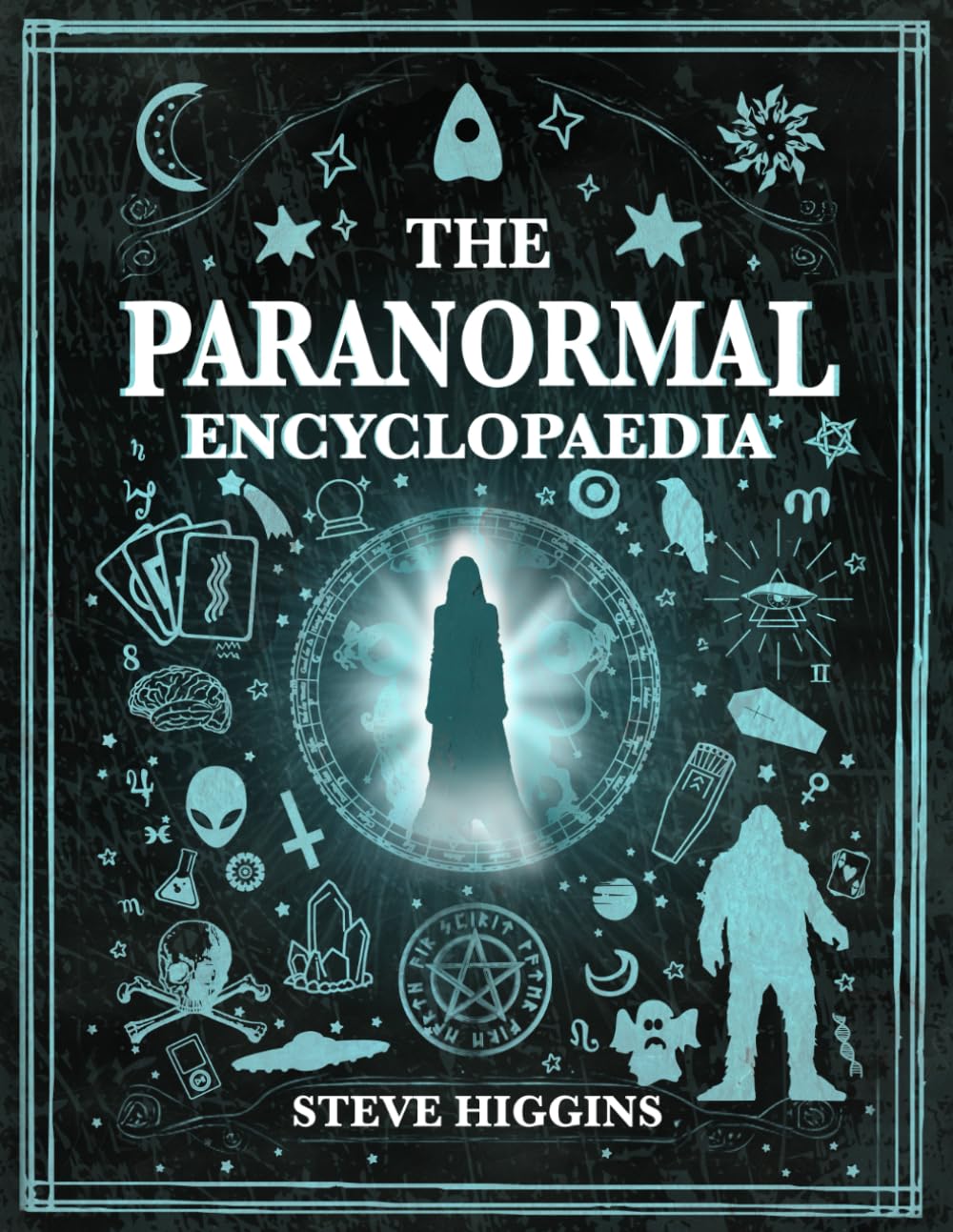
The Paranormal Encyclopaedia
A comprehensive encyclopaedia of over 200 unexplained topics, from mind reading to Ouija boards.
Buy Now
Demystifying The Oracle
A balanced look at Ouija boards, exploring whether they are toys, tools, or dangerous occult devices.
Buy NowMore Like This
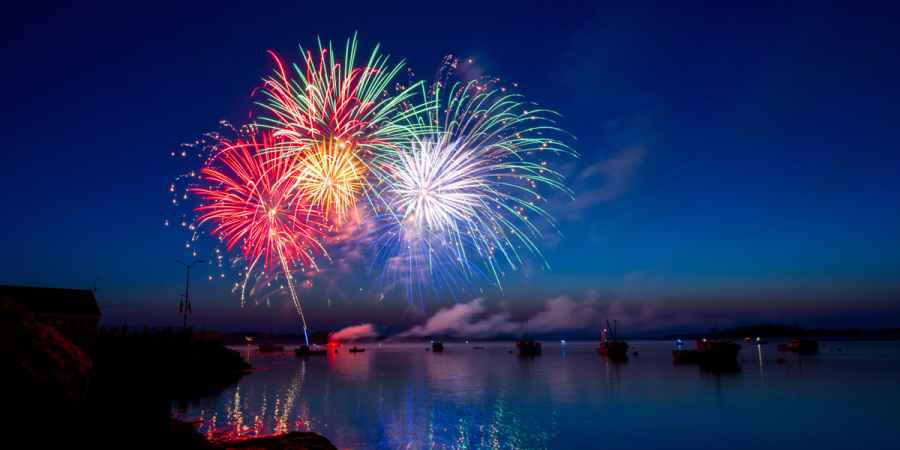
ParanormalNovember 01, 2022
Do Fireworks Increase Paranormal Activity?

April 12, 2025
What Do Astronauts Say About UFOs?
 See More on Audible
See More on Audible
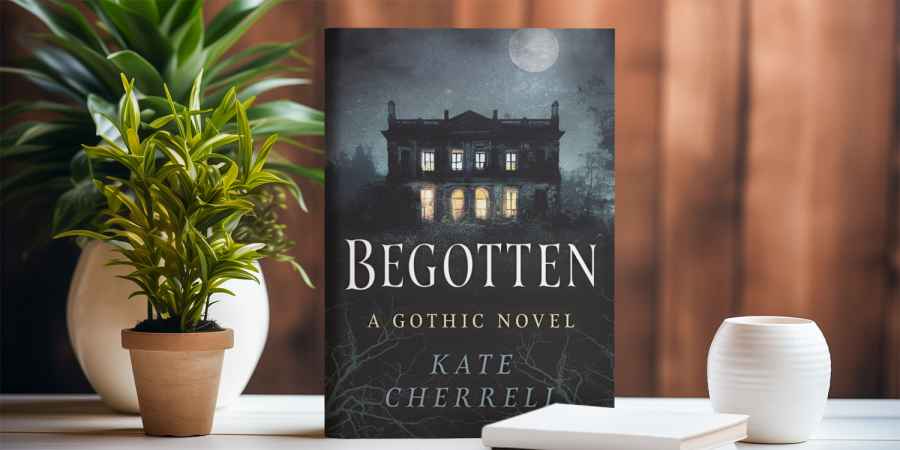
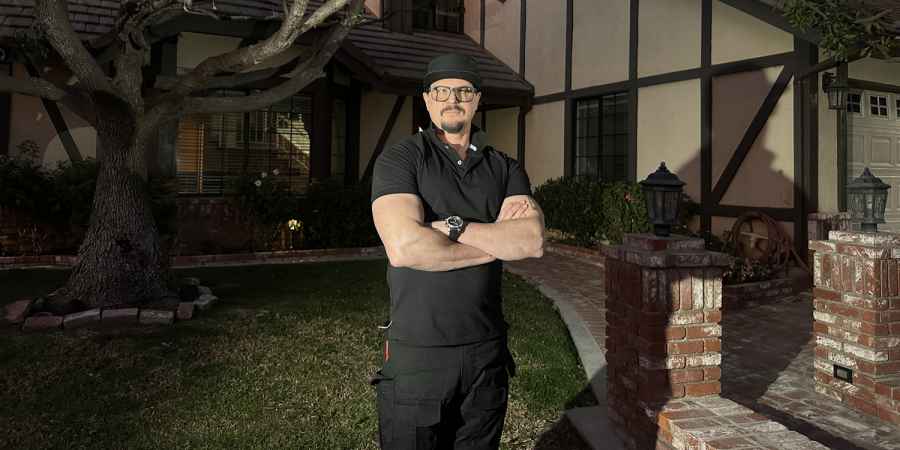

Comments
Want To Join The Conversation?
Sign in or create an account to leave a comment.
Sign In
Create Account
Account Settings
Be the first to comment.